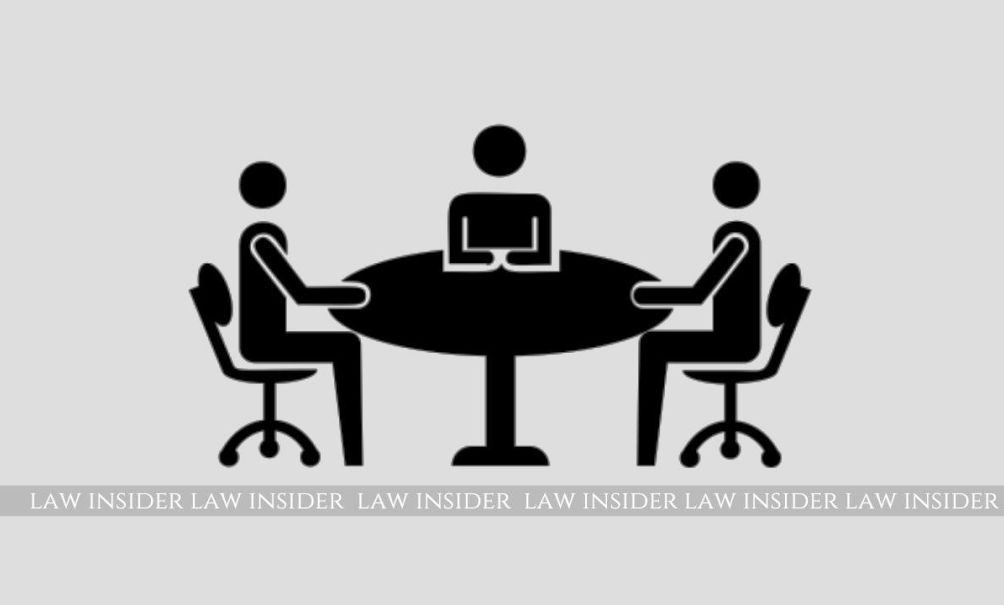LI Network
Published on: 05 September 2023 at 14:24 IST
The India International Arbitration Centre (IIAC) has officially introduced the India International Arbitration Centre (Conduct of Arbitration) Regulations, 2023 (Regulations), shedding light on the intricate procedures governing arbitral processes.
These regulations, which came into effect on September 1, delineate the methodology for initiating arbitration with the IIAC’s involvement, arbitrator selection, and the resolution of issues.
The IIAC, India’s premier statutory international arbitration center, holds the distinction of being designated as an institution of ‘national importance’ and is financially supported by the Central government.
The organization is presently led by former Supreme Court justice, Justice Hemant Gupta, serving as its Chairperson.
The Regulations, promulgated in September, furnish comprehensive guidelines concerning the commencement of arbitral proceedings in collaboration with the IIAC, the mechanisms for appointing arbitrators, and the process for dispute resolution.
The Regulations also encompass provisions for expediting arbitration proceedings, the appointment of emergency arbitrators, time-bound disposition of arbitral cases, and the roles of the advisory panel, which comprises members of the Central government and other esteemed individuals.
Key Highlights:
1. Initiation of Arbitration: Regulation 4 enables parties to initiate arbitration by submitting a request, which can be done conveniently via the IIAC’s website, email, or physical submission. Additionally, competent courts can direct the initiation of proceedings.
2. Response to Disputes: Regulation 5 stipulates that the respondent must respond to the dispute within 14 days of receiving the request.
3. Digital Transactions: Regulation 6 recognizes the prevalence of digital transactions, permitting written communications, including notices and proposals, to be transmitted electronically.
4. Time Zones: To account for international disputes, Regulation 6 also specifies that the time zone relevant for calculating communication timelines should be that of the place of arbitration or, if not yet determined, Indian Standard Time.
5. Additional Parties and Consolidation: Subsequent regulations address the inclusion of additional parties in arbitral disputes, circumstances for consolidating multiple arbitrations, and the composition and functions of the IIAC advisory panel.
6. Arbitrator Independence: Regulation 10 mandates arbitrators to disclose in writing any factors, such as financial interests, business ties, or professional affiliations, that could affect their impartiality or independence.
7. Arbitrator Selection: Regulations 11-14 outline the process for appointing arbitrators, confirming sole arbitrators, and appointing arbitrators for multi-party disputes. The IIAC Chairperson holds the authority to appoint arbitrators, taking into account advice from the advisory panel.
8. Fast Track Procedure: Regulation 17 introduces a fast track procedure, allowing parties to expedite dispute resolution through mutual written agreement. Such proceedings must conclude within six months from the formation of the arbitral tribunal.
9. Emergency Arbitrators: Regulation 18 authorizes the appointment of emergency arbitrators for cases where immediate interim relief is necessary. These arbitrators must issue orders within 15 days, with potential extensions under exceptional circumstances.
10. Ordinary Case Timelines: Regulation 25 establishes timelines for ordinary arbitral proceedings. Notably, it mandates a preliminary meeting with parties to establish an efficient procedural timetable.
11. Language of Arbitration: Regulation 26 designates English as the default language for arbitrations, unless parties agree otherwise.
12. Confidentiality: Regulation 42 obliges parties and arbitrators to maintain strict confidentiality regarding all arbitration-related matters and awards.
13. Spirit of Regulations: Regulation 44 underscores that all individuals involved in arbitration, including the Chairperson, Members, Chief Executive Officer, Registrar, and the Arbitral Tribunal, should act in alignment with the Regulations’ principles to ensure fair, prompt, and cost-effective arbitration. The IIAC may also release practice directives to facilitate the administration of arbitration.
Furthermore, a schedule accompanying the Regulations outlines the fees applicable based on the dispute amount for both domestic and international arbitration cases.

